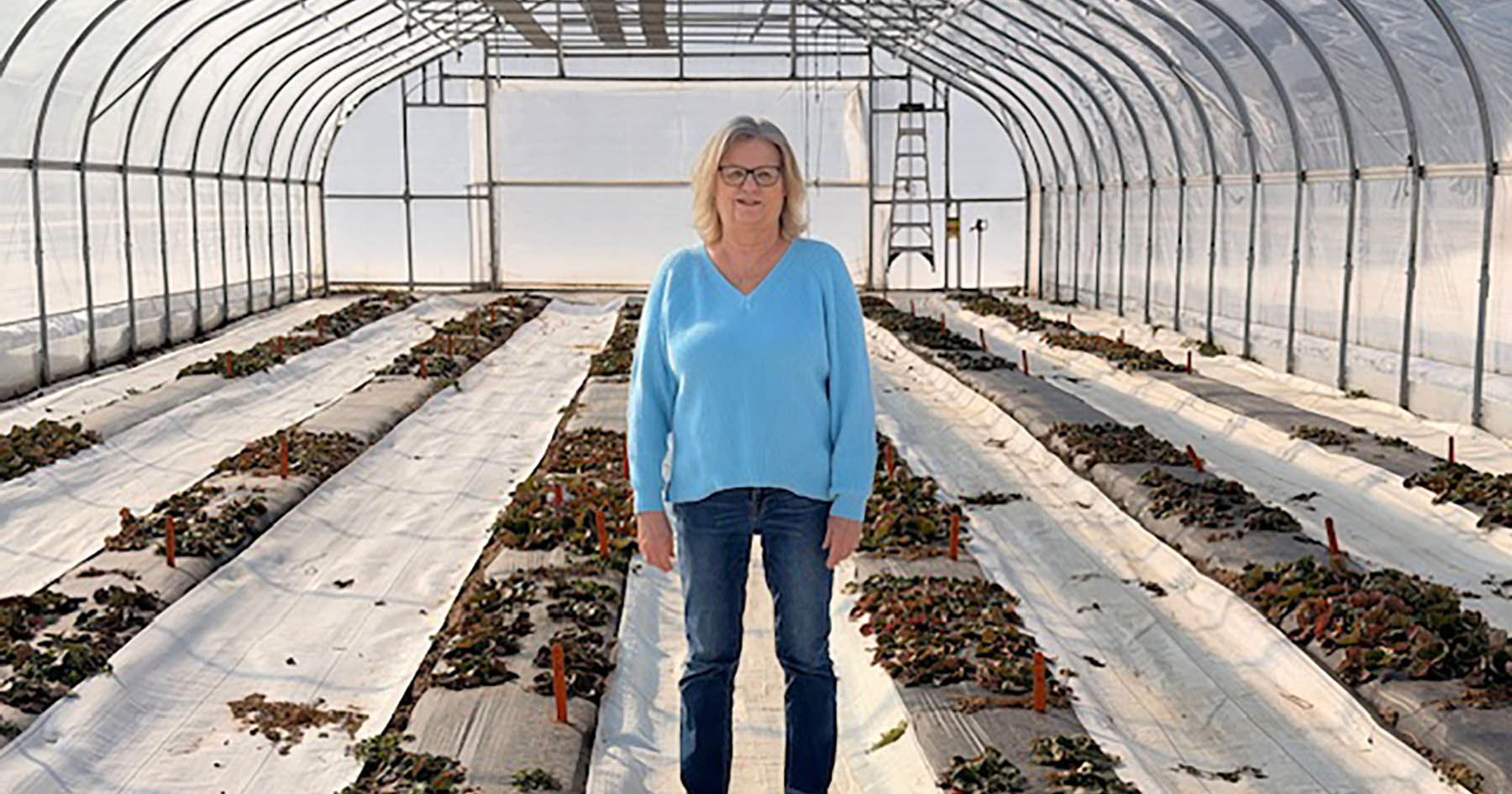Waste Not, Want Not initiative aims to reduce food waste, food insecurity
Every year, small farmers throughout Indiana are forced to plow under thousands of pounds of unsold crops because they are unable to afford the increasing cost of harvesting and packaging the produce for donation to a local food bank.
Meanwhile, food banks struggle to find an affordable, reliable source of fresh fruits and vegetables.
A new initiative from Purdue Extension, Purdue Extension-Tippecanoe County, the Food Finders Food Bank Inc. of Tippecanoe County and Indiana Farmers Union could change all that by matching farmers who have surplus crops to sell with food banks looking to provide healthy foods to local residents.
“This is a really innovative, collaborative effort to address both food waste and food insecurity,” said Tamara Benjamin, assistant program leader and diversified agriculture specialist for Purdue Extension and one of the organizers of Waste Not, Want Not. “It’s a practical way of supporting local farmers and helping to feed the community.”
Normally, food banks only have access to aging produce that can no longer be sold in grocery stores, Benjamin said.
“They rarely have funds available to purchase fresh, high quality produce,” she noted. “By providing financial support through donations, Waste Not, Want Not will enable the food banks to pay local diversified farmers a fair, sustainable price for fresh produce that would otherwise go to waste.”
Benjamin said the initiative has gotten enthusiastic support from local farmers and food providers. Already, an anonymous donation on Facebook funded the purchase of 300 heads of romaine lettuce, which the Food Finders Food Bank distributed to local residents in a day and a half.
“The response has just been tremendous,” she said. “Many farmers, especially smaller-scale, diversified farmers, are facing challenging economic times. This allows them to develop an important new source of income.”
Local food banks will also benefit, said Katy Bunder, president and CEO of Food Finders Food Bank Inc.
“Without this additional funding, purchasing local produce would be cost prohibitive,” Bunder said. “We appreciate this opportunity to connect and work with local farmers.”
For now, the program is limited to Tippecanoe County, but Benjamin believes it could soon inspire others statewide.
“It’s a pilot program, so we are learning as we get started,” she said. “But we feel it has tremendous potential and the results so far have been very gratifying.”
For more information on the Waste Not, Want Not program, including how to become involved as a producer or a financial contributor, go to the Food Finders Food Bank Inc. website at www.food-finders.org or call 765-471-0062.
For contributions by check, please specify “Waste Not, Want Not” on the memo line.





